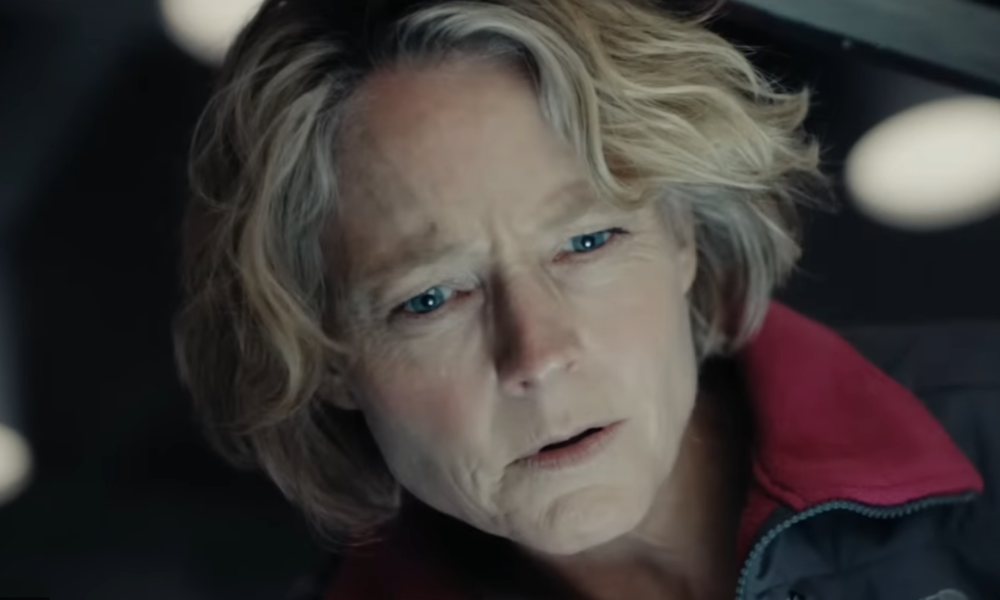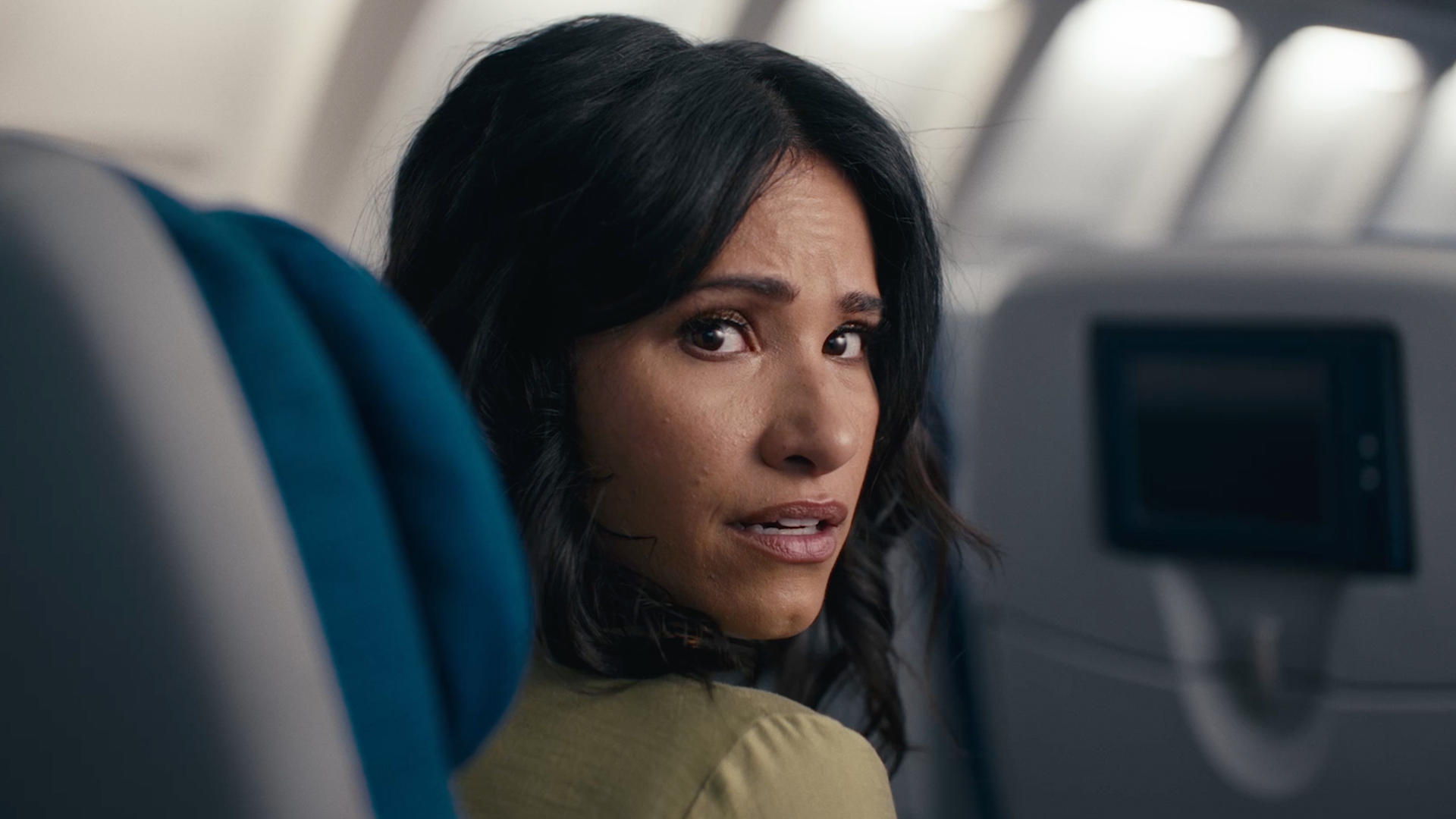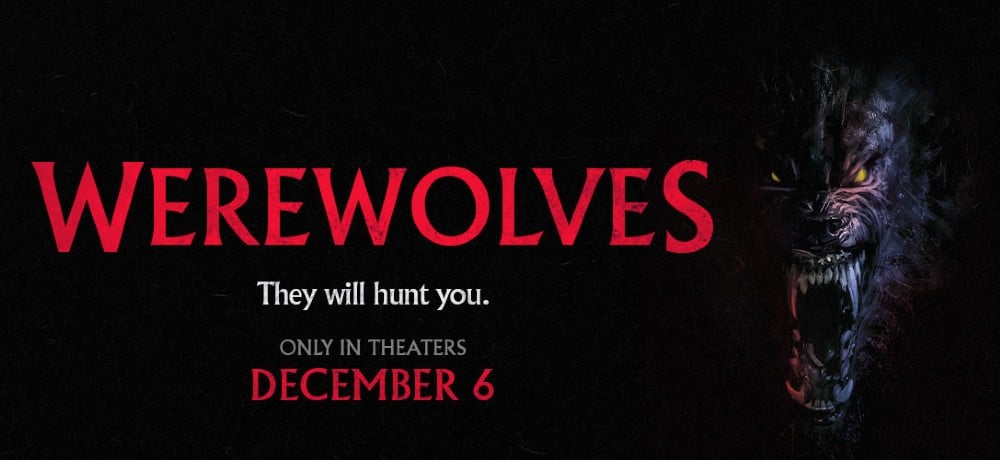Did you ever see the movie Yesterday (pictured above)? According to a plaintiff who is suing Universal, the trailer for that film featured actress Ana de Armas, but she never appears in the final cut. So they are taking it to court.
According to Entertainment Weekly, on Tuesday, a California judge allowed parts of the case to proceed because a trailer “constitutes commercial speech” and therefore not protected by the First Amendment. Basically, false advertising.
It all started in January when Paul Michael Rosza and Conor Woulfe began the lawsuit against Universal, claiming they rented the film Yesterday based on the assumption de Armas would be in it, but unbeknownst to them, the actress’ scenes were cut even though she is in the trailer.

Universal’s lawyers argued that a movie trailer is covered under the First Amendment because they are an “artistic, expressive work.”
U.S. District Judge Steven Wilson disagreed, and according to Deadline, he basically compared it to a bait and switch. “Universal is correct that trailers involve some creativity and editorial discretion, but this creativity does not outweigh the commercial nature of a trailer. At its core, a trailer is an advertisement designed to sell a movie by providing consumers with a preview of the movie,” Judge Wilson said.
He added, “the Court’s holding is limited to representations as to whether an actress or scene is in the movie, and nothing else.”
The case will now move to discovery in which both parties will exchange information and who and what they will present at the trial. this could potentially lead to a class action lawsuit.
Although not as blatant as the Yesterday scenario, some fans of the newest Halloween (also Universal) franchise were a bit upset that the iconic movie monster Michael Myers has less screen time in the final film Halloween Ends than the trailer or poster implies.
According to Digital Trends, Michael is on screen for 10 minutes and 55 seconds of the film’s 111-minute runtime. The rest is dedicated to a character barely present in the trailers. To be fair, in the original 1978 movie Myers only appears for 9 minutes and 37 seconds.
That scenario probably doesn’t fall under the same false advertising accusations of the Yesterday lawsuit, but it does give moviegoers pause to question whether or not a trailer is an apt representation of what intrigues them to buy a ticket.
In the age of the spoiler, studios are more cautious about revealing too much in a trailer so as to not give viewers enough to connect the dots, especially if there is a twist or a major reveal.
Throughout the years, trailers have often included scenes that aren’t in the theatrical cut of the film. But until now, no one has ever been litigious about it. This case might have widespread effects across the movie industry depending on how it is resolved.
What do you think? Should the trailer contain everything that’s in the movie?
*Header image credit: Universal/Jonathan Prime




























